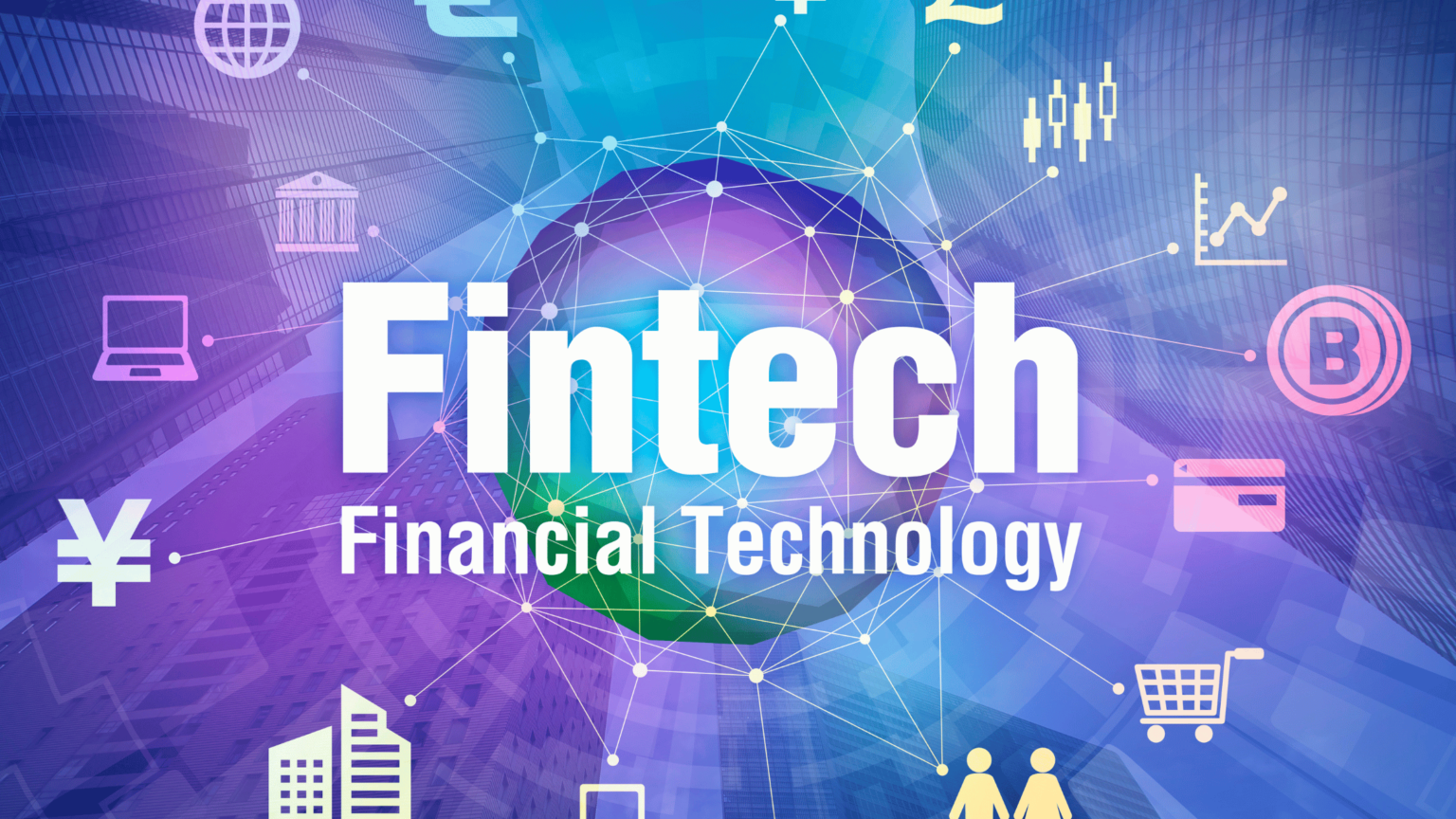Introduction:
In the dynamic landscape of finance, the integration of technology has given rise to a vibrant ecosystem known as Fintech. Short for financial technology, Fintech encompasses a spectrum of innovative solutions that are reshaping how we transact, invest, and manage our finances. In this comprehensive blog post, we’ll delve into the core technologies driving the Fintech revolution and explore the profound impact they are having on the financial industry.
1. Blockchain Technology: Transforming Transactions:
At the forefront of Fintech innovation is blockchain technology. This decentralized and tamper-resistant ledger system has revolutionized the way financial transactions occur. Blockchain ensures transparency, security, and efficiency by eliminating the need for intermediaries in transactions. Cryptocurrencies, built on blockchain, are gaining traction as alternative assets, providing a decentralized and borderless means of transferring value.
2. Artificial Intelligence (AI) in Financial Intelligence:
Artificial Intelligence is a game-changer in the Fintech ecosystem, offering unparalleled capabilities in data analysis, pattern recognition, and decision-making. In the realm of finance, AI is employed for algorithmic trading, robo-advisors, and fraud detection. Machine learning algorithms analyze vast datasets to identify trends, optimize investment portfolios, and enhance the overall efficiency of financial processes.
3. Robotic Process Automation (RPA): Streamlining Operations:
Robotic Process Automation is automating repetitive and rule-based tasks within financial institutions. This not only reduces operational costs but also minimizes errors and enhances speed. RPA is particularly valuable in back-office processes, allowing organizations to allocate resources more strategically and focus on high-value tasks.
4. Mobile Finance and Digital Wallets: On-the-Go Transactions:
The ubiquity of smartphones has given rise to mobile finance, enabling users to manage their finances on the go. Digital wallets, powered by Fintech, have become integral to daily transactions. From making seamless payments to storing loyalty cards and facilitating peer-to-peer transactions, digital wallets are transforming the way we interact with money.
5. Peer-to-Peer (P2P) Lending: Democratizing Finance:
P2P lending platforms have emerged as disruptors in traditional lending models. By connecting borrowers directly with lenders, these platforms eliminate the need for intermediaries, providing borrowers with access to funds and lenders with alternative investment opportunities. This democratization of finance is fostering financial inclusivity and expanding access to credit.
6. Regtech: Navigating Regulatory Challenges:
As the financial industry navigates complex regulatory landscapes, Regulatory Technology (Regtech) has become a critical component of the Fintech ecosystem. Regtech solutions leverage technology to streamline regulatory compliance, monitor transactions for suspicious activities, and ensure that financial institutions adhere to evolving compliance requirements.
7. Insurtech: Innovations in Insurance:
The intersection of technology and insurance has given rise to Insurtech. From AI-driven underwriting processes to telematics-based risk assessments, Insurtech is enhancing the efficiency and accuracy of insurance operations. Additionally, IoT devices are being integrated to provide real-time data for personalized insurance products, transforming the insurance industry.
8. Quantum Computing: Unleashing Unprecedented Processing Power:
While still in its early stages, quantum computing holds immense potential for the Fintech sector. The unparalleled processing power of quantum computers can revolutionize complex financial modeling, risk analysis, and cryptography. As this technology matures, it is poised to address challenges that are currently beyond the capabilities of classical computers.
9. Cybersecurity: Safeguarding Financial Transactions:
As Fintech solutions become more interconnected, cybersecurity becomes a paramount concern. Fintech companies are investing heavily in cybersecurity measures, including encryption, multi-factor authentication, and biometric security. The goal is to ensure the integrity of financial transactions and protect sensitive customer information from evolving cyber threats.
10. Augmented Reality (AR) and Virtual Reality (VR) in Finance: Immersive Experiences:
Augmented and virtual reality technologies are finding applications in the Fintech space, providing immersive experiences for users. From virtual bank branches to AR-powered financial education tools, these technologies are enhancing user engagement and transforming the way individuals interact with financial services.
Conclusion:
The Fintech ecosystem is a dynamic and ever-evolving landscape, fueled by cutting-edge technologies that continue to redefine how we engage with financial services. From the decentralized nature of blockchain to the predictive power of AI, Fintech is not just a set of tools; it’s a catalyst for financial inclusion, efficiency, and innovation. As the Fintech journey unfolds, the collaboration between technology and finance will undoubtedly lead to even more groundbreaking solutions, shaping the future of the financial industry in ways we are only beginning to imagine. Stay tuned for the next wave of Fintech innovations that will continue to transform the way we manage, invest, and think about money.





